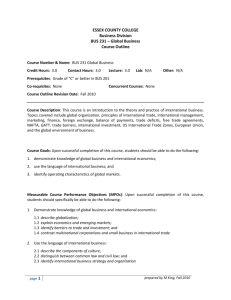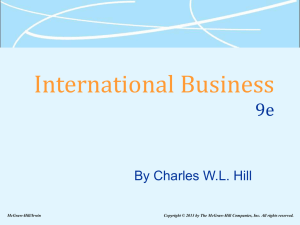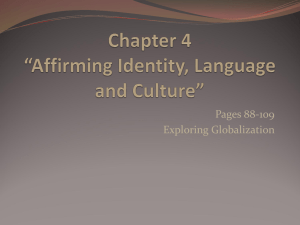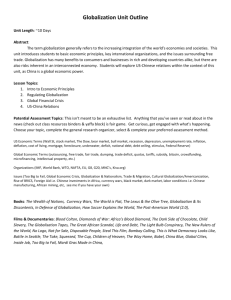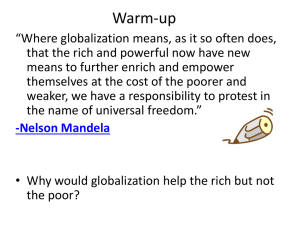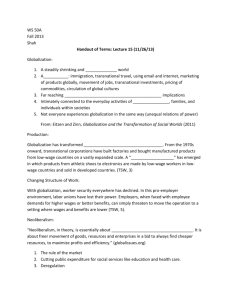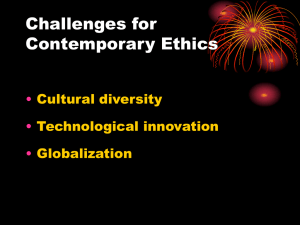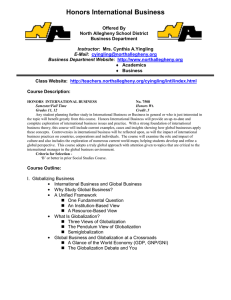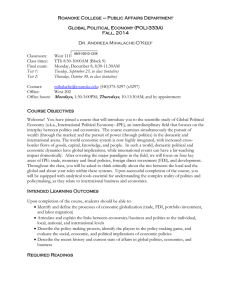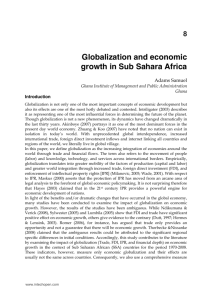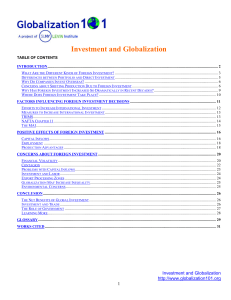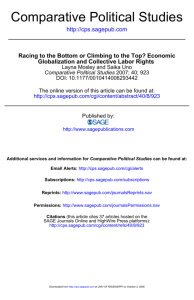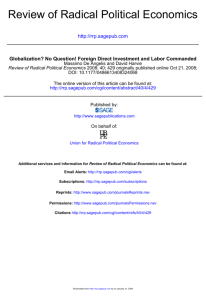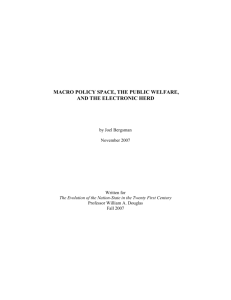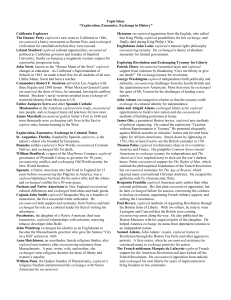International Business Course description The course International
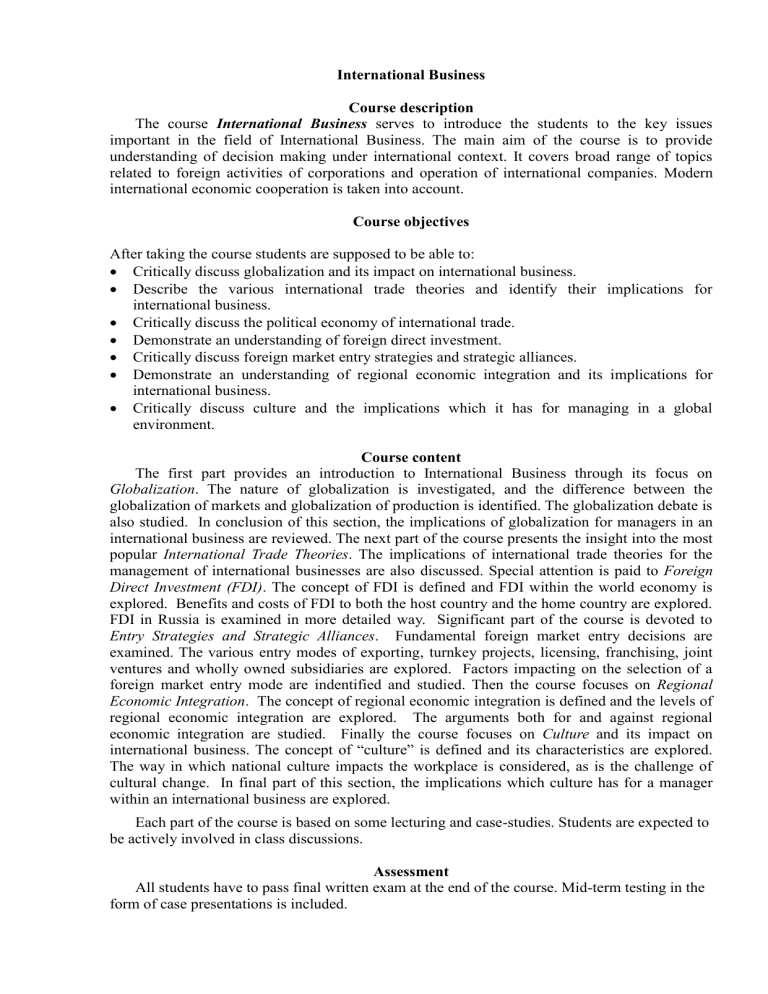
International Business
Course description
The course International Business serves to introduce the students to the key issues important in the field of International Business. The main aim of the course is to provide understanding of decision making under international context. It covers broad range of topics related to foreign activities of corporations and operation of international companies. Modern international economic cooperation is taken into account.
Course objectives
After taking the course students are supposed to be able to:
Critically discuss globalization and its impact on international business.
Describe the various international trade theories and identify their implications for international business.
Critically discuss the political economy of international trade.
Demonstrate an understanding of foreign direct investment.
Critically discuss foreign market entry strategies and strategic alliances.
Demonstrate an understanding of regional economic integration and its implications for international business.
Critically discuss culture and the implications which it has for managing in a global environment.
Course content
The first part provides an introduction to International Business through its focus on
Globalization . The nature of globalization is investigated, and the difference between the globalization of markets and globalization of production is identified. The globalization debate is also studied. In conclusion of this section, the implications of globalization for managers in an international business are reviewed. The next part of the course presents the insight into the most popular International Trade Theories . The implications of international trade theories for the management of international businesses are also discussed. Special attention is paid to Foreign
Direct Investment (FDI) . The concept of FDI is defined and FDI within the world economy is explored. Benefits and costs of FDI to both the host country and the home country are explored.
FDI in Russia is examined in more detailed way. Significant part of the course is devoted to
Entry Strategies and Strategic Alliances . Fundamental foreign market entry decisions are examined. The various entry modes of exporting, turnkey projects, licensing, franchising, joint ventures and wholly owned subsidiaries are explored. Factors impacting on the selection of a foreign market entry mode are indentified and studied. Then the course focuses on Regional
Economic Integration . The concept of regional economic integration is defined and the levels of regional economic integration are explored. The arguments both for and against regional economic integration are studied. Finally the course focuses on Culture and its impact on international business. The concept of “culture” is defined and its characteristics are explored.
The way in which national culture impacts the workplace is considered, as is the challenge of cultural change. In final part of this section, the implications which culture has for a manager within an international business are explored.
Each part of the course is based on some lecturing and case-studies. Students are expected to be actively involved in class discussions.
Assessment
All students have to pass final written exam at the end of the course. Mid-term testing in the form of case presentations is included.
Main reading
Hill, C. International Business: Competing in the Global Marketplace. Boston: McGraw Hill
Irwin. 2009
GLOBAL BUSINESS by Mike Peng 2014 South-Western/Cengage Publishers

